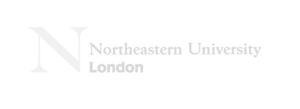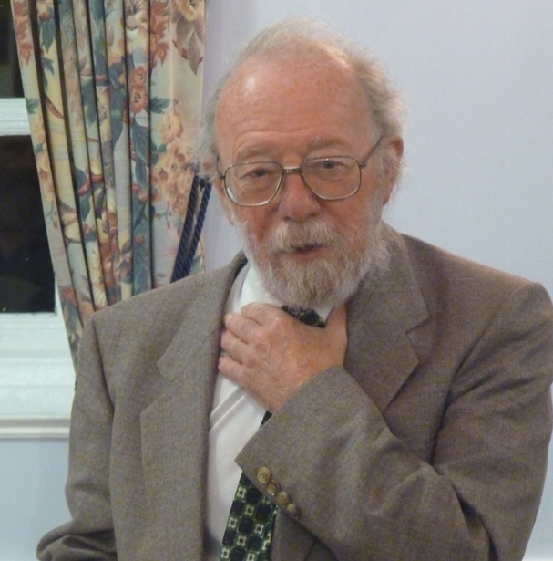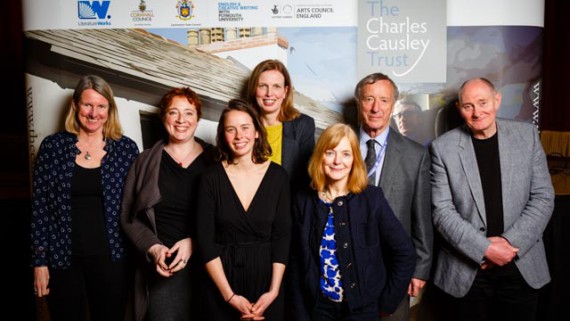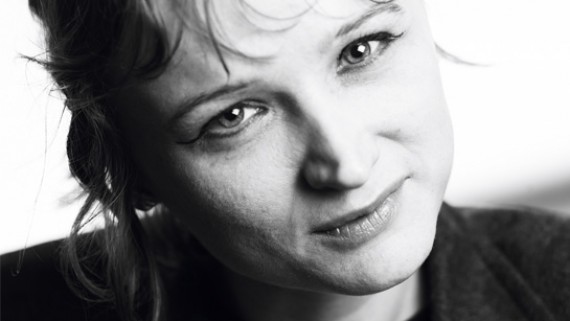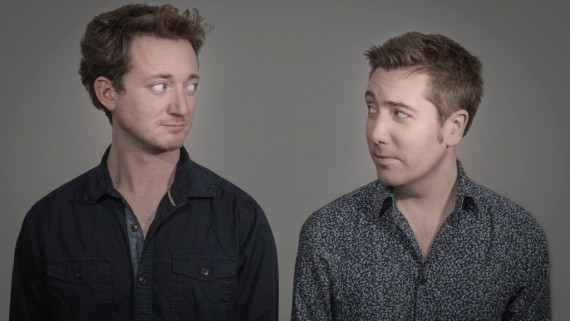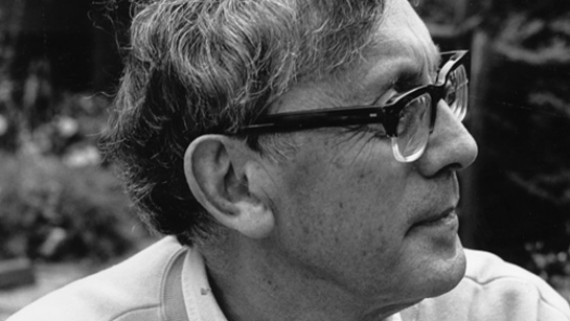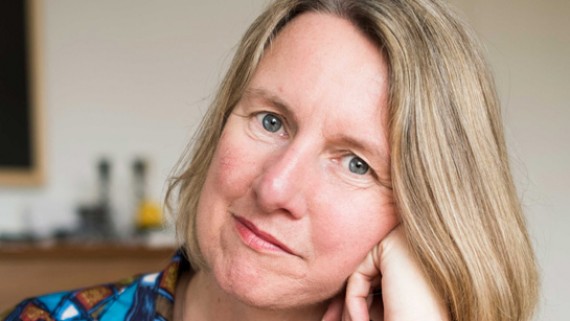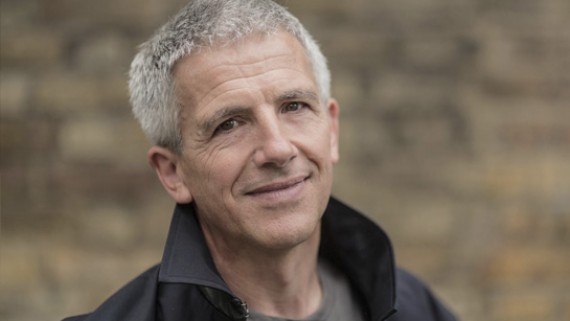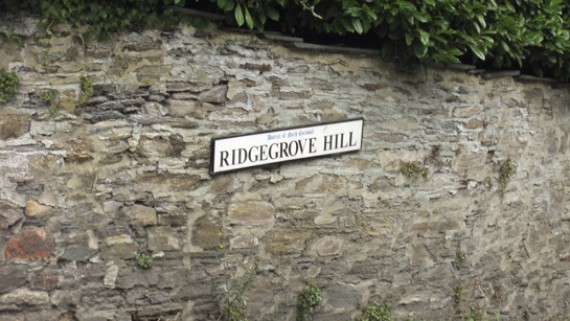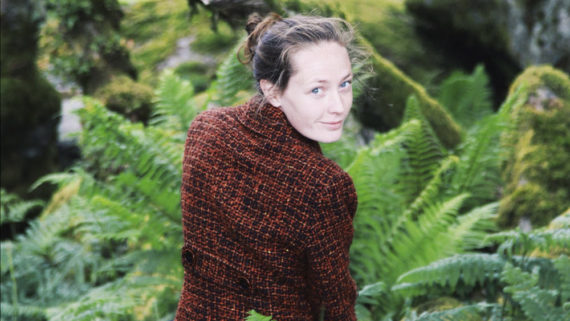It is with great sadness that we announce the passing of John Hurst, who died peacefully on December 8th after a long illness. Born in Yorkshire, John became Head of The Extramural Department of Exeter University in Cornwall. He was a staunch member of the Liberal Democrat party and became a Councillor for Cornwall Council. He was a founder Trustee of the Charles Causley Trust. Below are some of the tributes to this founding member and Trustee.
From Kent Stanton, fellow Trustee and former Chairman of the Trust
John was a true friend and a valuable founder trustee of the Charles Causley Trust. His interest in, and his knowledge of, Causley’s work was second to none. His was an act which will be hard to follow. Without his knowledge and expertise, our efforts to set up the Trust would have been far more difficult; indeed, we could well have failed. He was always willing to organize poetry readings and to write articles in support of our cause. His standard was high and this impressed our audiences both young and old, and also our sponsors.
From Father Anthony Maggs, friend
I remember John Hurst and his wife Nan when we were all caught up in enthusiasm for Christian Unity, back in the seventies in Cornwall. John and Nan were parishioners at St Paul’s Truro under the inspired leadership of the Vicar John Wheeler. I was the Parish Priest in the neighbouring Catholic parish and was frequently invited for services and to be involved in social action.
John was an academic and we came together over our appreciation of Charles Causley. I came to see that no one had a better understanding of the poems than John. He had done his research, explored the archive, read the letters and supported all the efforts to make the Poet better known.
John lived in Truro which meant that it was always difficult for him to attend various functions to honour Charles, but there he would be, a quiet presence.
After Charles died John continued his support but now through the Causley Trust. I know his work was greatly valued.
I shall miss him. May he rest in peace.
From David Fryer, fellow Trustee
I was very sad to hear that John had died at the age of 89. Sincere condolences go to his wife, Nan, and his family.
John has been a tower of strength for the Causley Trust since its earliest days and was one of those who laid the foundations for the vibrant Trust we have today. Until quite recently, John remained a Trustee and when he stepped down about two years ago was made an Honorary Trustee. It was John, along with Kent Stanton, who persuaded me (as a fellow Yorkshireman) to become a Trustee and then Chairman in succession to Kent. I am truly grateful for the pleasure and interest that the friendly coercion has given me.
I knew John in various guises after I came to Cornwall in 1982 as Deputy Secretary for Education – then Chief Officer from 1988 until retirement. He was an indefatigable Head of Exeter University’s Extra Mural Department in Cornwall as well as a leading light in the WEA – a lifelong believer and promoter of liberal Adult Education. John became a Cornwall County Councillor (Liberal Democrat) where I knew him best as a member of the Education Committee and Chairman of the FE Sub-Committee. In the latter role, John made important interventions on the survival and development of Falmouth School of Art (now a University) and Truro College – both massive contributors to education and the economy in Cornwall.
John was also a great supporter of music, the arts and literature in Cornwall as well as being a compulsive bibliophile and inveterate collector – his knowledge of cultural matters was extensive and learned. He had a deep knowledge of and love for the poetry of Charles Causley and he wrote a number of important articles about the Poet – perhaps they could be brought together as a collection in memory of John?
From Malcolm Wright, fellow Trustee
John got to know Charles well towards the end of Charles’s life, when he helped him to sort out his papers ready for transfer to the archive at Exeter University. It must have been an interesting exercise since neither of them were known for their abilities to discard anything; on the other hand, John was meticulous in all that he did, and the archive demonstrates the huge amount of work that was put in.
John was a superb academic, and his work on Causley and Jack Clemo testifies to this. Whilst being fiercely supportive of both poets, he was not afraid to point out weaknesses in their work, but he was particularly interested in the way these writers worked: how they developed and edited (and sometimes discarded) their poems. He was a frequent contributor to St Thomas Water, the Trust’s journal. Never having embraced the digital age, his work would arrive typewritten with handwritten corrections. Although having to copy it out was a chore, as editor it actually helped to have to read everything more carefully!
John was a keen birdwatcher, and whenever we talked, the conversation would start with any interesting sightings, and in particular he was always keen to discover what I had seen during my travels in the UK and abroad. His correspondence to me was often on postcards displaying antique illustrations of birds, and I still have all of these.
John was a lovely man: kind, knowledgeable, humorous, and very supportive. I will miss him dreadfully.
From Mike Cooper, Fellow Trustee
John Hurst’s careful, insightful and accessible writing about Charles and his poetry was my first introduction to a man I came to know only a little bit in person as a gentle and lovely man. If I could come anywhere near to those qualities in what I write, for St. Thomas Water and elsewhere, I’d be very pleased. I’ll go on trying.
I owe him a lot for his work (with a number of others, to be sure) in preserving Charles’ legacy in more material ways: the hard-won little miracle of Cyprus Well and the extensive, wide-ranging archive at Exeter University. I’ve just returned from yet another visit, and remain grateful for the opportunity he helped establish.
The last time I encountered John, a year ago at home in Truro, was the fullest and (for me, anyway) most satisfyingly productive occasion. He – and Nan, his attentive wife who seems a fittingly impressive partner, in her own right – kindly invited me to interview him for my Causley research.
It was hardly an hour. Yet his knowledge, responses and added comments helped me understand how much he added to the business of preserving Causley’s legacy – and in the process helping ensure that Charles and his work will be long remembered and appreciated. I think the same can be said of John Hurst.



